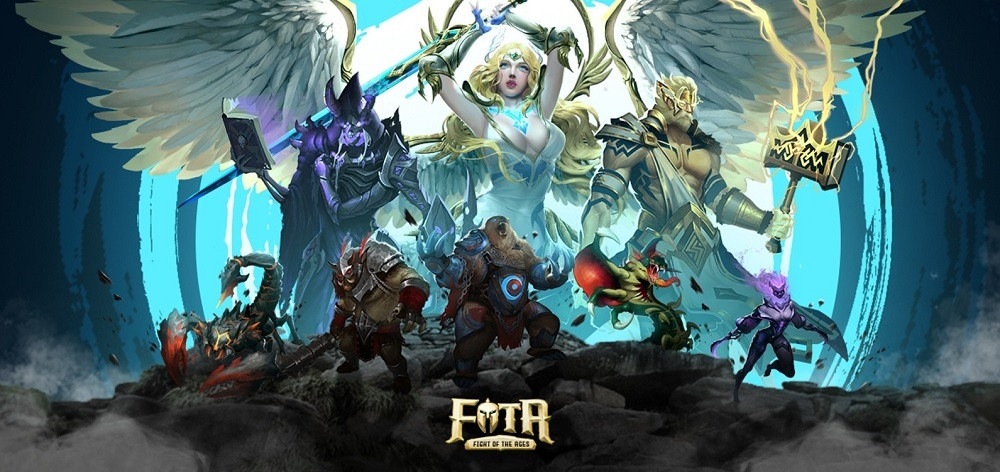Nguyen Hoang Thien, a gamer in Hanoi, purchased 30 smartphones and 30 sim cards to join a move-to-earn (M2E) game in the hopes of returning his investment within a month. M2E games involve rewarding players with cryptocurrency just for working out.
“I spent over $4,000 on sim cards and devices for gaming purposes. However, this is nothing compared to the amount required to purchase virtual shoes, which cost me $30,000 total for 30 pairs,” he said.
Thien made an average of $30 per account every day. After a few weeks he regained his capital, but continued playing for one more month before selling the shoes and joining a new game. “The lifespan of non-fungible token (NFT) games is short, and I will leave the game as soon as I get the maximum profit,” he added.
 |
|
illustration photo |
Prior to the aforementioned M2E game, he participated in a number of similar games, earning thousands of US dollars by adopting the same approach.
According to Vu Thanh, admin of a play-to-earn (P2E) community with over 30,000 members, surfers like Thien are prevalent in the GameFi sector. “They specialise in identifying trending ventures, joining early, withdrawing for immediate profit, and then searching for others,” Thanh disclosed, adding that they may face a number of risks in a decentralised environment, including fraud from game producers.
Common estimates showed that P2E games continue to be quite popular among Vietnamese players. Finder, an Australian online data research company, conducted a survey earlier this year in 26 nations and territories with 1,000-3,800 participants per country, depending on population size. Vietnam ranks fifth among markets with a high proportion of NFT users, behind India, Hong Kong, the United Arab Emirates, and the Philippines. Nearly a quarter of respondents said they play this sort of game, while almost 10 per cent would attempt it.
The Ministry of Information and Communications has reported that the total revenues of Vietnam’s gaming industry reached $620 million in 2021, up 11 per cent on-year. However, the domestic gaming market is not growing sustainably yet. The majority of game creators outsource their work to foreign behemoths, while Vietnam-based studios only develop casual and hyper-casual game series that are simplistically created and easy to play.
On the other hand, foreign investors are convinced of the quality of games produced in Vietnam through outsourcing. The next step towards sustainability may be to introduce Vietnamese games to the global market, transforming the country into a gaming capital.
“The reason why P2E games have not been sustainable to date is that the supply and demand within the ecosystem were not properly designed and was solely funded by the initial investment from new users,” said Daiki Moriyama, director of blockchain-based game infrastructure firm Oasys.
In addition, Vietnam still requires a legal pathway that will serve as a magnet to entice game creators to relocate to their motherland. Nguyen Xuan Yen, representative of Djinn Guild, said, “Vietnam’s existing legal framework for blockchain-based games is murky. Consequently, we always confront a number of obstacles when establishing new gaming projects.”
Djinn Guild is a gaming community that integrates professional gamers into one ecosystem. The team is responsible for overseeing the gaming experience of Fight of the Ages on MR technology using the HoloLens presented to participants at the Play 2 Earn Hybrid Expo Asia event in Thailand earlier this month.
Source: VIR